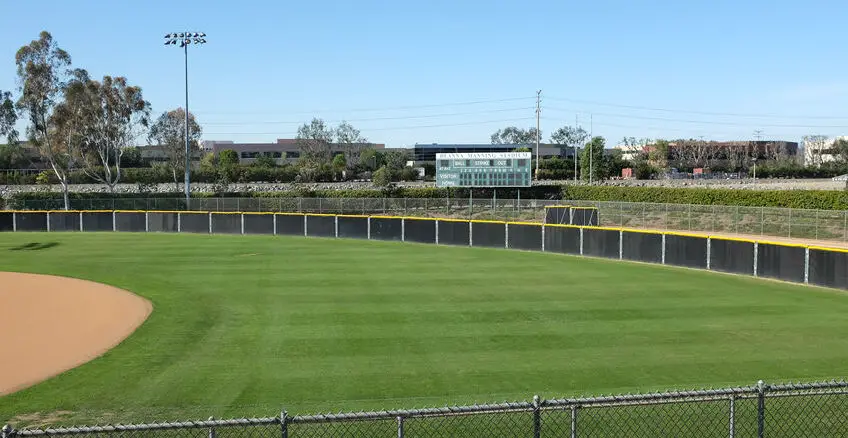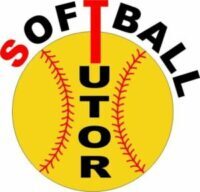
Softball scouting is something that many coaches are doing every time they are at the ballpark during the off season and regular season. It could be for the purpose of gathering information for the when you play the team you are watching, or to see what other teams are doing and how your team compares in general. It is a form of observation and evaluation. You may use anything from a notebook that you carry around or an elaborate smartphone or computer system that includes forms, graphs and charts. Either way, it becomes a part of a plan for the coach to prepare the team for competition through the season to the main competition.
The information that you gather will depend on what you want to achieve with that information. Here are some example questions you might want to answer when scouting a pitcher.
- what is her strong pitch?
- what does she leads with?
- what is her strikeout pitch?
- what is her stamina, does she begin to fade after a few innings or will she be strong right to the last pitch?
- what is her psychological status?
- what happens when she walks someone or is not getting the calls that she wants?
- what does she pitch on a 3-0 count?
- how is she at fielding the ball off the bat?
- can she throw effectively to 1st base after fielding
Regardless if you are scouting a specific position or the team as a whole some of the concepts are the same:
- how do they execute basic fundamentals?
- How is the offense?
- can they bunt?
- what are their offensive tools?
- what is the fitness level of the team?
- what are their psychological capabilities?
- how do they react to errors
- what do they do when the opposition increases the intensity?
- how do they execute basic and advanced tactics?
- how do they interact as a team?
- how do they deal with errors?
Softball Scouting During Competition
Many teams will have the players who are not in the lineup charting and graphing events during the game. The team may have specific coaches or senior players scout the abilities of the opposition and their tendencies at the same time using forms or by simply taking notes. The other scouting expert that we often do not think of is the scorekeeper. I actually designed a score sheet that includes additional information while taking score rather than the normal number of outs, balls, strikes and where the ball was hit and how it was fielded. This information when compiled can be crucial when planning future games against the opponents. By including the fielders in the equation with their names etc, you have a very good understanding of what happened in the game from the opponents and your team perspective.
You could even place a notebook in the dugout for players to write their own observations during the game. It does not need to be something that every player is required to do but it can be a way for players to stay in the game and feel a part of the plan for the team. You would be amazed at how some players can see something you might miss, especially during a quick and high paced game where there are a lot of interruptions or distractions. Create a binder for the teams and use dividers to separate them. Or you can even have a binder for each team if you play them a lot.
A very important factor when planning your scouting is to know what you want to look for during a game or when you go to the field. You can then design a form or some sort of recording system for that information and will find it easier to spot the things you are looking for. Take a small section of a few practices through the season to talk to the team about scouting. What kinds of things do they think it is important to know about the other teams. What is easy to spot? and what are some things that might be more difficult to record such as responses to specific plays that happen all the time? It is easy to be watching the game and miss the ordinary things.
Scouting Reminders:
- focus on the task at hand
- keep an open mind
- look at individual players as well as the team
- watch more than one play
- be specific
- use specific examples if you can
- watch starters and substitutes
- watch the bench
Scouting Preparation
- get the lineup
- check the environmental conditions
- have previous notes available
- score sheets
- previous game notes
- player comments
Other Softball Scouting Uses
Something that coaches forget to do often is to scout their own team. We need to know what our own team does so that we know how to improve our team. A rule that I followed was that any tactic or strategy that my team was going to execute on our opponents needed to be solid on both ends. We needed to be able to defend against it with the same efficiency as we executed the play. A way to determine if your team is effective at responding is to scout them the same way that you scout your opponents. This is why a notebook for all coaches on the field was necessary on my teams during all competitions. Each coach takes notes during the game on things that the team needs to work on so that when the next practice is designed, we know exactly what we need to work on. Keep in mind though that these notes are not to be discussed with the team after the game. The post game discussion should be to allow the players to talk about their game and to give them confidence as they leave the field because we want them coming back ready to go the next time we meet.
Scouting is also done for recruitment. When scouting for recruitment, you need to have a criteria that you are looking for. What are the skills that you want to add or replace on your team? One of the benefits of scouting individual players during your competitions, is that if you are adding players to your roster and you have one from a team that you have scouted, you have some inside information right at your fingertips. If you are out specifically scouting for recruitment though, it is a good idea to do it when you are not playing against them so that you can focus solely on that player. Attending their practices and games is beneficial if you know in advance that someone is wanting to join your team. For this type of scouting you can use the same format as you would for competition scouting however you might add more interpersonal relations information such as how she gets along with teammates and how she responds to her coach.
